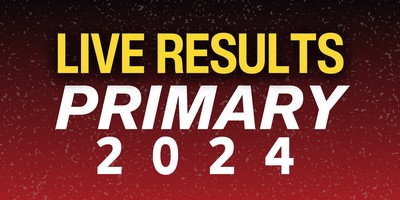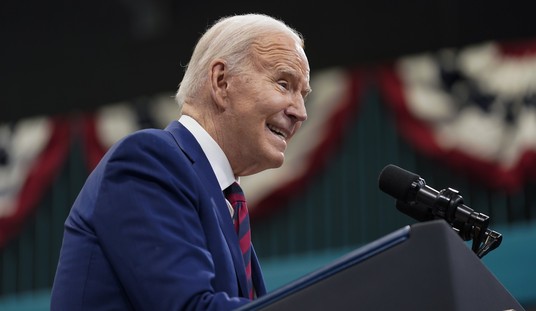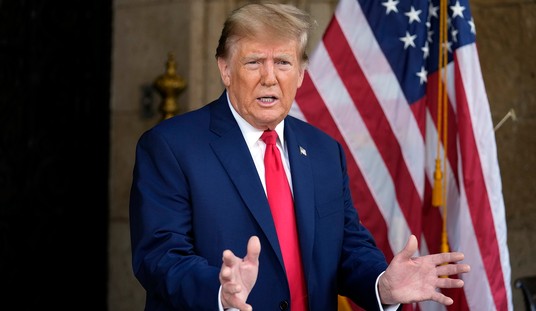The SEC is investigating high frequency trading. They ought to be looking at their own regulation. Since they changed regulations back in the late 1990's, volume has been leaving the traditional stock exchanges and going into dark pools.
What’s a dark pool? It’s a private place where transactions happen anonymously. They are deliberately opaque. One of the basic functions of a marketplace is transparency, especially transparency of price. Dark pools take that away.
No one knows what went on in the dark pool except the parties to the transaction. Kind of like when you were a kid at a high school party and you saw a hot girl that was a little tipsy go into a locked bedroom for a few minutes with someone else. Only they know exactly what went on.
From the linked WSJ article,
Prices, markups and valuations of securities these days often aren’t easily visible to investors. Less than half of securities now trade on exchanges with readily available price information, market analysts say. Many investors remain unaware of the strategies technologically savvy firms use to gain a trading edge, and even large investment firms often can have little assurance someone isn’t gaming their orders
They aren’t run for the benefit of the market, they are run for the benefit of the dark pool proprietor. It takes a lot of money to build out the technology used to operate a dark pool. They aren’t in it simply to provide better connectivity and better service to the market. Dark pool operators are in it to attract order flow, trade against it, arbitrage it off against the rest of the market, and make money.
Recommended
A dark pool is not some altruistic, balanced arena.
“We basically turned it into a real trading operation,” Mr. Henderson said in an interview.
He hired several new traders, mostly people with little experience but with ties to Pipeline. “Everyone I hired had a relationship” with Pipeline through family or friends, Mr. Henderson said. “Every trader I hired had no proprietary-trading experience. I had to train them.”
Dark pools currently only exist on the SEC side of the marketplace. Of course, banks are doing everything they can to try and get them legalized on the CFTC side of the marketplace. Block trading was the first step in that direction.
I remember the block trading debate we had at CME($CME). Banks didn’t want the trades reported until the end of the day. We settled on five minutes, because that was as quick as we could disseminate the information to the market. Rules have changed since then. The point is, banks initiate rules changes for their benefit, not for the good of the market.
We need to re-regulate the way trading is structured in the US. It needs to be flatter, with customers in closer contact to the marketplace. The present structure has too many layers of distribution, and too many ways in which orders can be siphoned away from the core marketplace. The only reason those orders are being pulled away is for the profit of the organizations doing the pulling.
The net result is a less transparent marketplace. This has lead to things like the flash crash, mini flash crashes, and a total lack of confidence in public markets by general investors. Once the general public loses faith in the fairness and viability of public marketplaces, it is much easier to persuade them to think about things like government run marketplaces where prices are automatically set by some other system.
I don’t think we want to go down that path.

























Join the conversation as a VIP Member